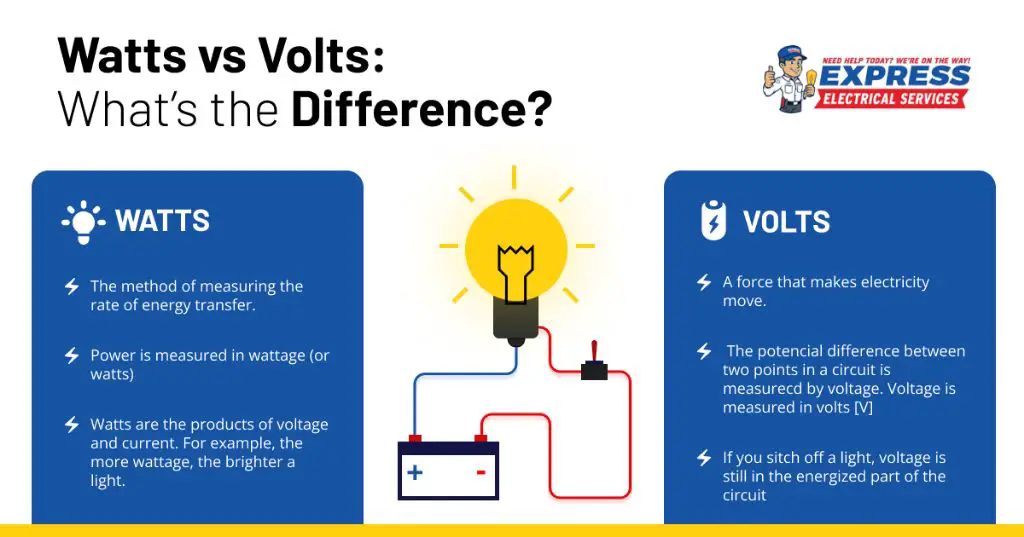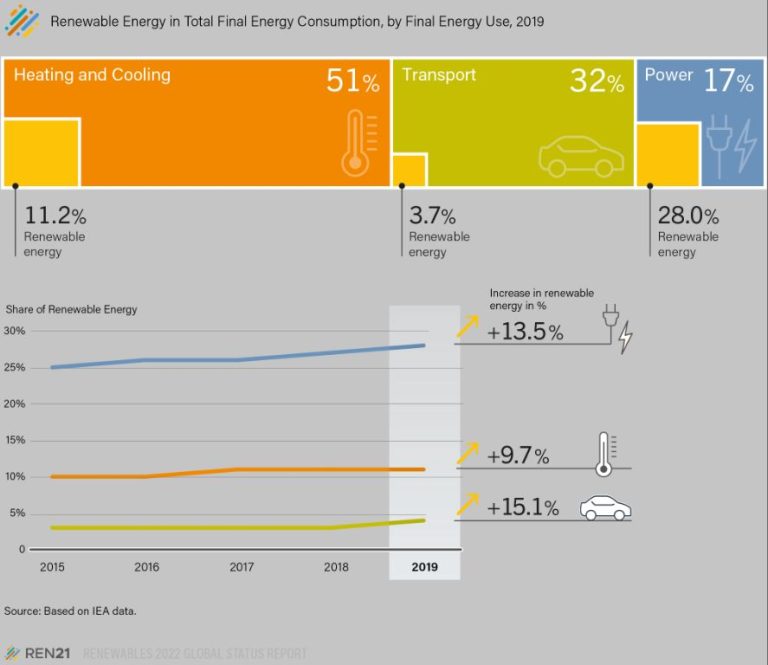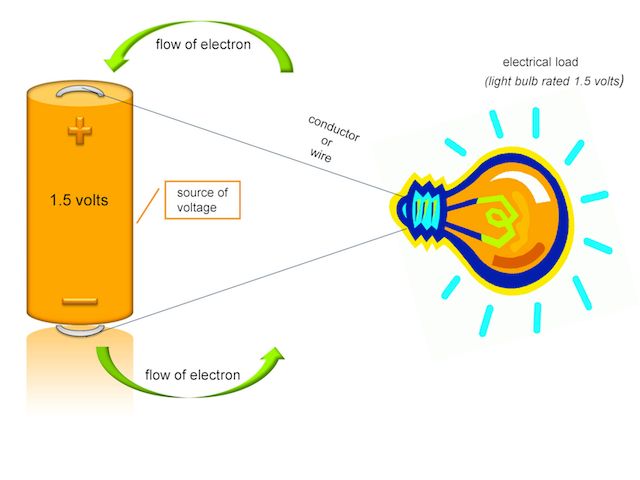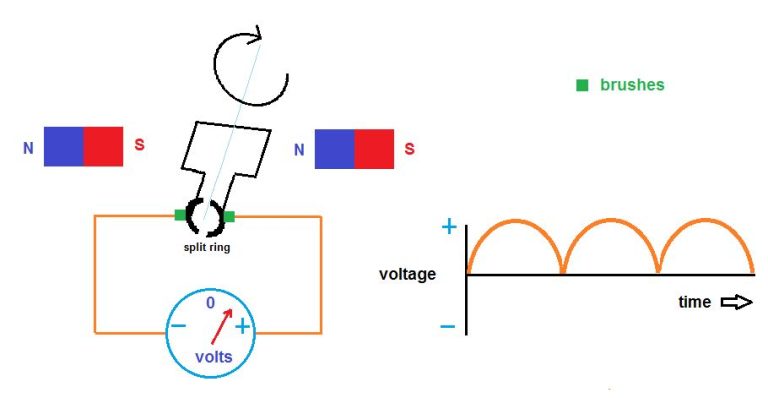What Is Watt Equal To Units?
A watt is a unit of power that measures the rate of energy conversion or transfer. Specifically, a watt is defined as one joule of energy per second. Understanding watts allows us to quantify and compare power generated, consumed, or transferred in electrical, mechanical, and other systems.
In this article, we will provide a comprehensive overview of the watt unit. We will define what a watt is, explain key relationships and conversions, and show how watts are used to measure power in various contexts. Our goal is to clearly explain what a watt represents and how it can be applied in calculations and comparisons of power.
Watt Definition
A watt is a unit of power in the International System of Units (SI). It is defined as one joule per second, meaning the rate of energy conversion or transfer is one watt when one joule of energy is converted or transferred per second.
The watt is named after James Watt, an 18th century Scottish inventor and mechanical engineer who helped improve the performance of the steam engine. His last name was adopted as the unit of power in his honor.
As a derived SI unit, the watt can be expressed in terms of the SI base units of meters, kilograms, seconds, and amperes. One watt is equivalent to one volt-ampere, or one joule per second.
Watt Relationships
A watt is derived from the basic units of amps and volts. The relationship between the three is described by the formula:
Watts = Amps x Volts
Or to put it another way:
1 Watt = 1 Amp x 1 Volt
This shows that watts are directly proportional to amps and volts – if you increase either amps or volts in a circuit, the watts will also increase. For example, a device using 2 amps at 3 volts will consume 6 watts of power (2 x 3 = 6).
Watts also relate to joules per second. A joule is a unit of energy and power is energy per unit time. Therefore:
1 Watt = 1 Joule / 1 Second
This relationship shows that a watt is equivalent to 1 joule of energy delivered every second. So a 60 watt light bulb uses 60 joules of energy each second to produce light and heat.
Measuring Power
Power is measured in watts, which represent the rate of energy conversion or transfer. Specifically, one watt is defined as one joule of energy being converted per second. This means that watts measure the rate at which energy is being converted from one form into another or transferred from one place to another.
For example, a 100-watt light bulb converts 100 joules of electrical energy into light and heat energy every second. The wattage rating of appliances and devices represents the rate at which they can convert or transfer energy. The higher the wattage, the more power it uses.
Watts are useful for measuring power consumption and demand over time. By monitoring wattage, you can calculate how much total energy a device uses. Multiplying power (watts) by time yields energy consumption in watt-hours or kilowatt-hours. Utilities use these units to bill customers.
In summary, watts provide an instantaneous measurement of power – how fast energy is being used at any given moment. This makes watts a handy and universal way to express and compare power ratings and consumption of various devices and systems.
Using Watts
Watts are most commonly used as a measurement of power. Here are some of the main uses of watts in power measurements:
Electrical Power – Watts are used to measure the rate of electrical energy consumption. For example, a 100-watt light bulb consumes 100 watts of electrical power. Electrical devices are often labeled with their wattage to indicate their power usage.
Engine Power – Engine power is commonly measured in watts or horsepower. For instance, a car engine’s power may be expressed as 300 horsepower (223,700 watts). Watts can be used to precisely compare the power of different engine sizes.
Solar Radiation – The intensity of solar radiation is measured in watts per square meter. This allows quantification of how much solar energy is falling on a solar panel or given area at any location. Solar irradiation maps use watts per square meter to show solar energy potential.
Watt Equivalents
Knowing watt equivalent values allows conversion between units of power. While watts measure power in the SI system, other units are used for historical or practical reasons.
Some key watt equivalents are:
- 1 watt is equivalent to 1.34 horsepower
- 1 watt is equivalent to 3.412 British thermal units (BTU) per hour
- 1 watt is equivalent to 0.746 kilocalories per hour
- 1 watt is equivalent to 0.738 foot-pounds per second
- 1 watt is equivalent to 0.24 calories per second
These conversions allow you to relate watts to other energy units you may encounter. For example, a 100 watt light bulb converts to 134 horsepower, 341.2 BTU/hour, etc. Keeping these equivalents in mind helps apply watt measurements in real-world contexts.
Watts vs Watt-hours
While watts and watt-hours are related, they are actually two different measurements used for different purposes.
Watts measure power, which is the rate at which energy is transferred or converted. Power is measured instantaneously, and denotes how much energy is being used at any given moment.
Watt-hours measure energy, which is the ability to do work. Energy is measured over time, and denotes the total amount of energy used or work performed over a period.
For example, a 60W lightbulb uses 60 watts of power at any moment when turned on. If that bulb is left on for one hour, it will use 60 watt-hours of energy in total for that hour.
The key difference is that a watt quantifies power at an instant, while a watt-hour quantifies energy used over time. Power is measured in watts, energy is measured in watt-hours.
Converting Watts
Watts can be converted to and from other units of power. Here’s how to convert between watts and other common power units:
Watts to Kilowatts
To convert watts to kilowatts, divide the number of watts by 1000. For example:

- 1000 watts = 1000/1000 = 1 kilowatt
- 500 watts = 500/1000 = 0.5 kilowatts
Kilowatts to Watts
To convert kilowatts to watts, multiply the number of kilowatts by 1000. For example:
- 1 kilowatt = 1 * 1000 = 1000 watts
- 0.5 kilowatts = 0.5 * 1000 = 500 watts
Watts to Horsepower
To convert watts to horsepower, divide the number of watts by 745.7. For example:
- 1000 watts = 1000/745.7 = 1.34 horsepower
- 500 watts = 500/745.7 = 0.67 horsepower
Horsepower to Watts
To convert horsepower to watts, multiply the number of horsepower by 745.7. For example:
- 1 horsepower = 1 * 745.7 = 745.7 watts
- 0.5 horsepower = 0.5 * 745.7 = 372.85 watts
Watt Calculations
To calculate power in watts, you need to use the basic formula:
Power (Watts) = Voltage (Volts) x Current (Amps)
This allows you to find the wattage if you know the voltage and current draw of a device. For example:
If a device runs at 120 volts and draws 5 amps of current, the power usage is:
Power = Voltage x Current
Power = 120 volts x 5 amps
Power = 600 watts
You can also calculate the current drawn if you know the power usage in watts and voltage:
Current (Amps) = Power (Watts) / Voltage (Volts)
For example, if a device runs at 240 volts and uses 1200 watts:
Current = Power / Voltage
Current = 1200 watts / 240 volts
Current = 5 amps
These basic calculations allow you to determine the wattage usage and electrical load for any device or application if you know voltage and amperage or power.
Conclusion
In summary, the watt is a unit of power that measures the rate of energy conversion or transfer. Understanding watts is essential for calculating energy usage, determining the power requirements for electrical devices, and measuring efficiency. Some key points:
- A watt is equal to 1 joule per second. It measures the rate of energy transfer.
- Wattage indicates how much power a device consumes or produces. Higher wattage requires more energy.
- Watts, watt-hours, and kilowatt-hours are commonly used units for energy billing and consumption.
- Wattage specifications are important for choosing compatible electrical devices and components.
- Converting between watts and other units requires calculations using ratios of power, voltage, current, and resistance.
Having a solid understanding of watts empowers you to calculate power usage, select appropriate devices, optimize energy efficiency, and make informed energy decisions. It’s an essential concept for both experts and general consumers.





